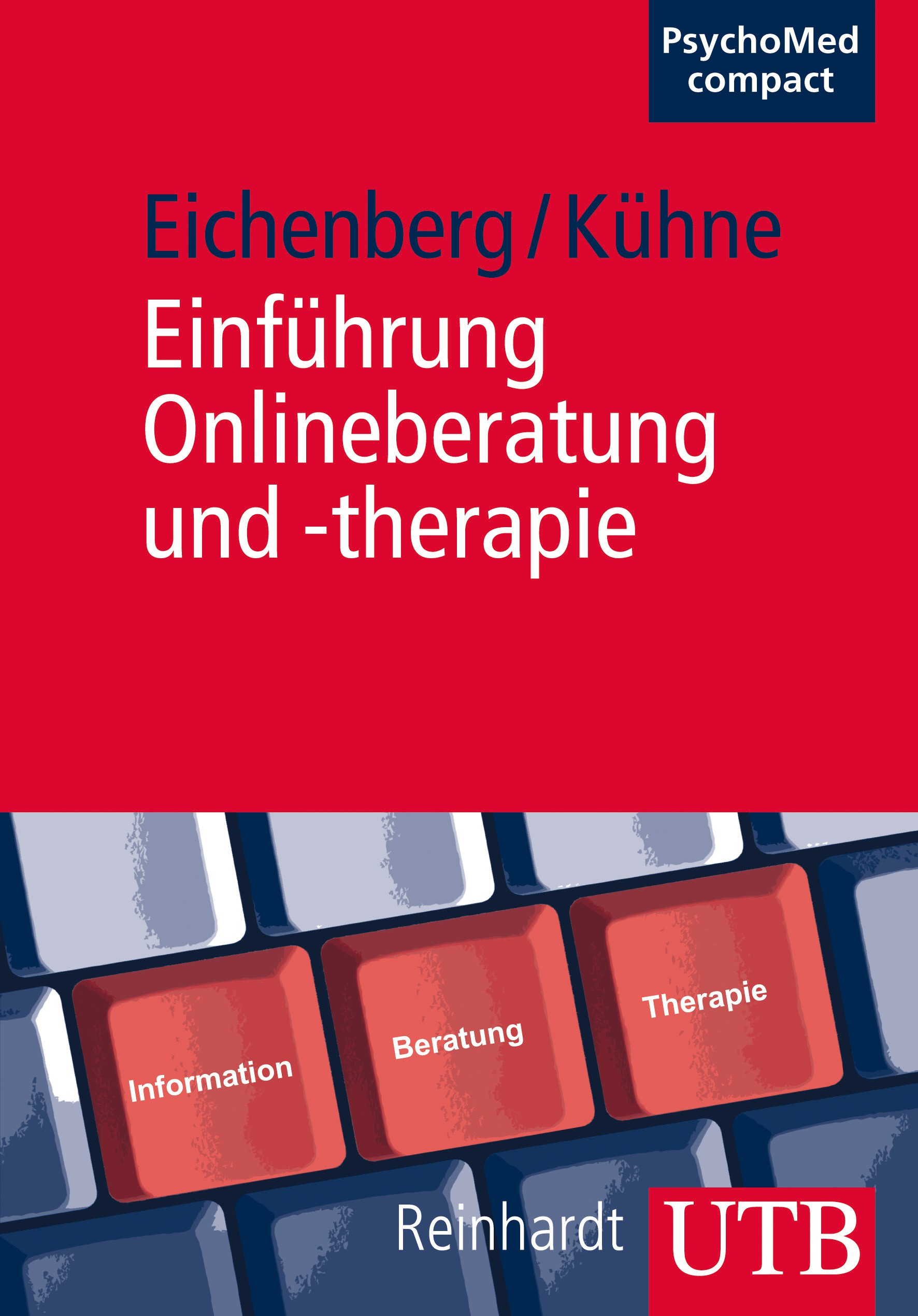
ABSTRACT
Background: The use of the Internet as a source of health information is growing among people who experience mental health difficulties. The increase in Internet use has led to questions about online information-seeking behaviors, for example, how psychotherapists and patients use the Internet to ascertain information about each other. The notion of psychotherapists seeking information about their patients online (patient-targeted googling, PTG) has been identified and explored. However, the idea of patients searching for information online about their psychotherapists (therapist-targeted googling, TTG) and the associated motives and effects on the therapeutic relationship remain unclear.
Objective: This study investigated former and current German-speaking psychotherapy patients’ behavior and attitudes relating to TTG. In addition, patients’ methods of information gathering, motives, and success in searching for information were examined. Furthermore, patients’ experiences and perceptions of PTG were explored.
Methods: Overall, 238 former and current psychotherapy patients responded to a new questionnaire specifically designed to assess the frequency, motives, use, and outcomes of TTG as well as experiences and perceptions of PTG. The study sample was a nonrepresentative convenience sample recruited online via several German-speaking therapy platforms and self-help forums.
Results: Of the 238 former and current patients who responded, 106 (44.5%) had obtained information about their therapists; most of them (n=85, 80.2%) had used the Internet for this. Besides curiosity, motives behind information searches included the desire to get to know the therapist better by attempting to search for both professional and private information. TTG appeared to be associated with phases of therapy in which patients felt that progress was not being made. Patients being treated for personality disorders appear to engage more frequently in TTG (rphi = 0.21; P=.004). In general, however, information about therapists sought for online was often not found. Furthermore, most patients refrained from telling their therapist about their information searches.
Conclusions: Patients appear to engage in TTG to obtain both professional and private information about their psychotherapists. TTG can be viewed as a form of client-initiated disclosure. It is therefore important to include TTG as a subject in therapists’ education and also to raise awareness within patient education. This investigation provides the first findings into TTG to begin debate on this subject.
Zum vollständigen Online-Artikel im Journal of Medical Internet Research: http://mental.jmir.org/2016/2/e22/
Eichenberg, C. & Sawyer, A. (2016). Do Patients Look Up Their Therapists Online? An Exploratory Study Among Patients in Psychotherapy. J Med Internet Res, 18 (1):e3. DOI: 10.2196/mental.5169.



